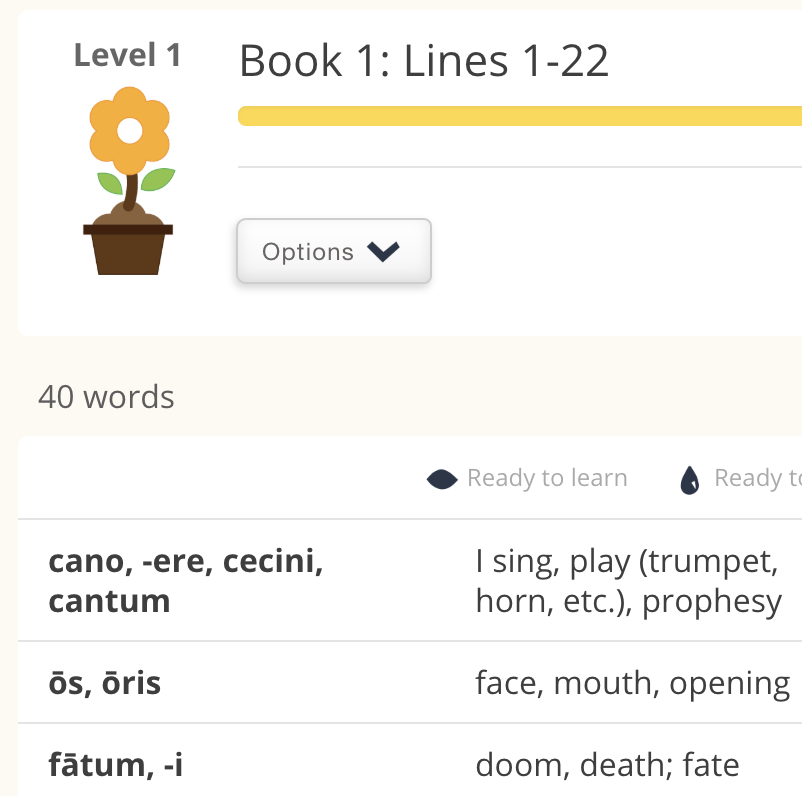languages
Seven years ago, I heard a Greek song (somewhat nsfw), and my Greek-mythology-obsessed self immediately wanted to understand it.
The lyrics became a puzzle I worked to solve for three years.
I loaded my MP3 player and YouTube history with Greek songs—pop, rock, rap, and more. I joined a language exchange website to practice with a penpal who was a native speaker. I dug up explanations of tricky concepts like the medio-passive voice, and even assembled a masterlist of online resources for studying Greek, complete with asterisks marking my favorite ones.
In summer 2014, I shared an update on my blog dedicated to studying languages and linguistics. It was the start of eighth grade, and I was psyched for what going to a high school that offered five foreign languages would do for my language learning career.
I had to take Latin because it was required by the honors program I wanted to go to. But if I did, like, Latin 1 and 2 and Spanish 1 and 2, I wouldn't be good at either one. I'll just learn Latin now so I can take Latin 3 and 4, and then do Spanish 3 and 4. Maybe I'll even have time to take Khmer!
I pored over a textbook from 1902, so old that it was out of copyright and completely digitized on Google Books. It was called The First Year of Latin: Based on Cæsar's War with the Helvetii, but covered two years' worth of modern high school Latin curriculum, from a, ae, ae, am, ā to subjunctive subordinate clauses.
Like many others, I figured that being able to read the Aeneid was a good indicator of Latin knowlege. Unlike many others, I decided to go ahead and do just that. I copiously annotated hundreds of lines from the Aeneid, a brute force method of digesting Roman poetry. It was the equivalent of an English learner working through a beginner textbook and trying to read, I don't know, Shakespeare at the same time.
It was the equivalent of an English learner working through a beginner textbook and trying to read Shakespeare at the same time.
Over the winter of eighth grade, I only got through two hundred something lines, bouncing back and forth between no studying at all and diligently translating several dozen lines for a few days straight. There was no grand scheme—I did whatever made sense in the moment. It generated a lot of vocab words and a 39/40 on level I the National Latin Exam. After some relatively smooth administrative sailing, I became the first freshman at my high school to take Latin 2.

When I stopped actively studying Greek, I also told Olga, my penpal. I can't find the particular language exchange site anymore, despite scanning several pages of Google and remembering what the website looked like. But I do remember that as we said goodbye and wished each other the best, she said something along the lines of, "You're not really stopping studying Greek. Latin is closely related!"
Honestly, I don't think I've ever really stopped learning languages. By that I mean following curiosity (which occasionally leads you down a rabbithole to a three-year journey of self-studying Greek), moving step by step, and trying to understand others by meeting them where they are.